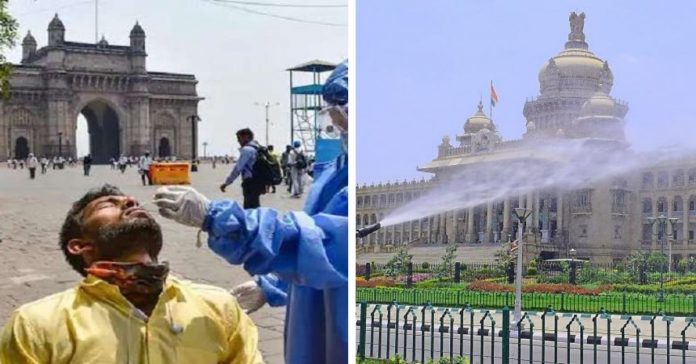
The second wave of the COVID-19 pandemic is at its peak and is causing plenty of problems to the people and the government. The Karnataka State Government has now resorted to the last option of announcing a lockdown to break the chain. Meanwhile, there are also preparations going on to prepare for the impending third wave.
Bengaluru one of the worst-affected cities in India
Bengaluru has become one of the worst-affected cities in India. The Garden City is clocking one of the highest counts of cases in the country on a daily basis. Apart from the transmission of the virus, other issues such as shortage of oxygen and unavailability of beds are also causing havoc at the moment. All of this has been credited to the mismanagement of the administration and the Government is now taking steps to make amends. They have already set sights on the approach to tackling the third wave of the pandemic in the city.
Mumbai has managed to reduce the impact of the second wave
Mumbai is the first city that had to face the brunt of the second wave of the pandemic. However, in recent days, the city has seen the number of cases decrease gradually. This is the result of the micro-level COVID management plan that was employed in the city. The virus was controlled at the ward level, and even the logistic issues related to bed and oxygen availability was taken care of at the micro-level.

B’luru to now adopt the Mumbai model
Bengaluru will now use Mumbai’s COVID management strategy to prepare for the third wave and also decrease the effect of the ongoing second wave. In line with this, an order has been issued by the Government directing BBMP to set up committees in each of the city’s 198 wards to better manage the pandemic. These panels will be called Ward Decentralised Triage and Emergency Response (Ward DETER) committees and they will ensure critical Covid patients get instant medical attention, and that a regularly updated list of hospital beds and oxygen resources is kept.
As part of this strategy, COVID patients will be colour-coded as red, yellow and orange, based on their health situation to secure access of critical patients first. Admission will be prioritised for those coded red, succeeded by those in the yellow and orange categories.
All the 198 committees will be led by a nodal officer who will be appointed as the chairperson of each panel. The person will be supported by the Government Officials along with Resident Welfare Association members, volunteers and Covid frontline warriors. The ‘Triage coordinators’ will conduct contact-tracing, testing, and hospitalisation at the ward level.
Source: The Print


































